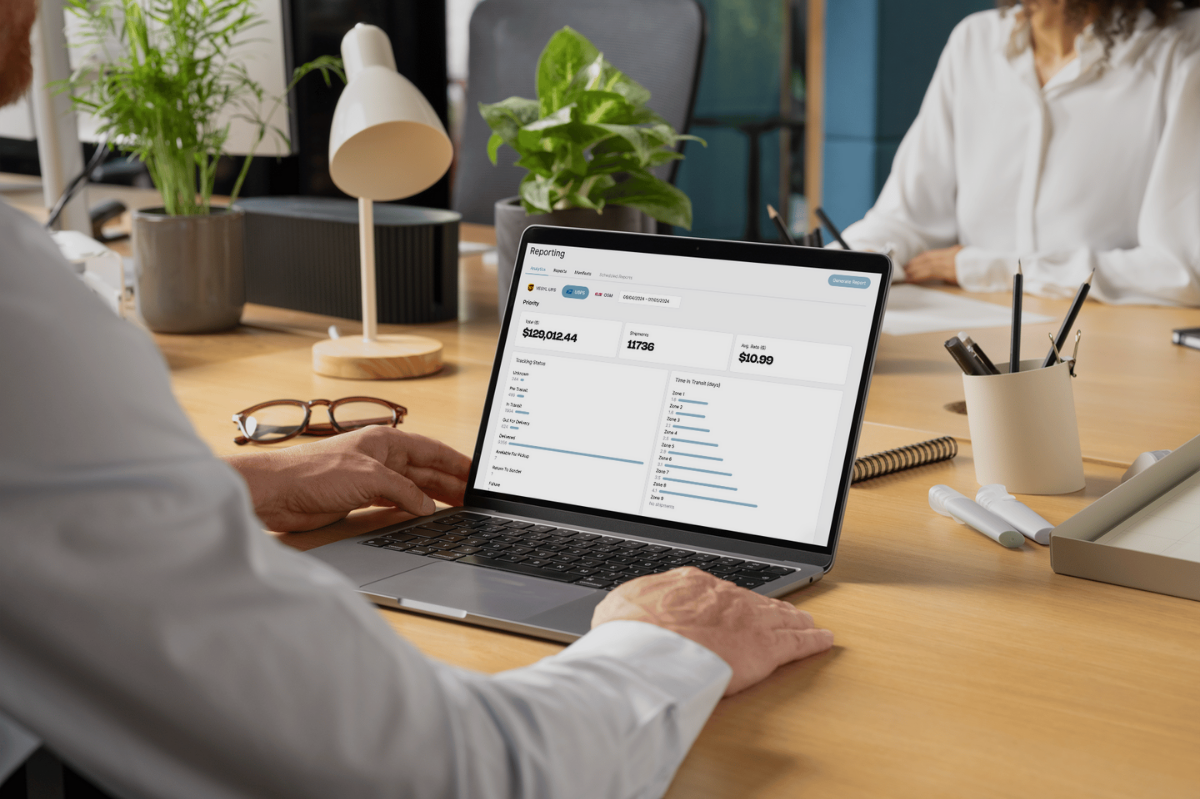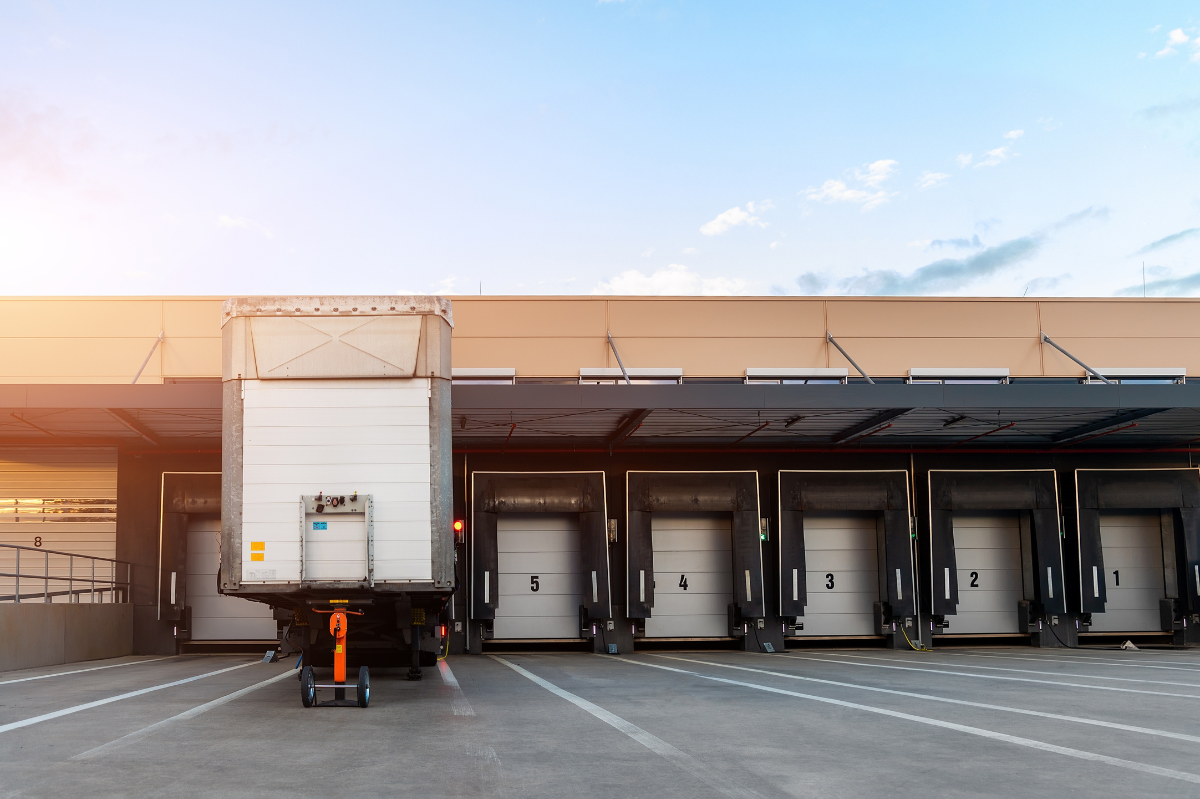With the increase in online shopping and the convenience associated with it, consumers expect seamless and timely delivery of their orders. Therefore, streamlining e-commerce logistics has become a crucial aspect for businesses looking to meet these expectations while reducing costs and time. In this article, we delve into the importance of streamlined logistics for e-commerce businesses and discuss five top strategies to help businesses streamline their logistics operations.
The Importance of Streamlined Logistics for E-commerce Businesses
A well-oiled ecommerce logistics machine is the backbone of any successful e-commerce business. Firstly, it ensures the delivery of an exceptional customer experience, where the efficient handling of transactions, order processing, inventory updates, and timely deliveries increases customer satisfaction and boosts the likelihood of repeat purchases.
Along with satisfied customers, streamlined ecommerce operations also contribute to organized growth for companies. By optimizing workflows and removing bottlenecks, businesses can manage higher order volumes without compromising on quality or productivity.
In addition, well-organized operations lead to cost reductions and increased profit margins. Through error prevention, labor savings, and enhanced stock management, companies can save money and increase their profits.
Top Strategies for Streamlining E-commerce Logistics
Optimize Inventory Management
Effective inventory management is key to streamlined logistics. Adopting just-in-time inventory practices, employing demand forecasting tools, and utilizing SKU rationalization can help businesses maintain optimal stock levels, reduce holding costs, and minimize the risk of stockouts or overstock situations. However, it is important to note that in the case of any supply chain disruptions, for example during COVID-19, just-in-time inventory practices can negatively impact a business and the customers. Therefore it is crucial with these practices to take the correct precautions.
Additionally, utilizing inventory management software allows businesses to maintain a live, up-to-date monitoring of their stock levels while automating tasks such as order tracking and restocking alerts. This not only reduces errors but also improves efficiency by simplifying processes related to inventory management.
Implement a Flexible Fulfillment Strategy
Flexibility in fulfillment is vital to meet varying customer demands. Implementing multiple fulfillment options such as dropshipping, third-party fulfillment centers, or a hybrid approach allows businesses to adapt to changing market conditions and scale their operations efficiently. This flexibility ensures that orders can be fulfilled quickly and cost-effectively, even during peak seasons.
Prioritize Last-Mile Delivery Optimization
The last mile of delivery is often the most critical and expensive part of the logistics process. Optimizing last-mile delivery through route optimization, real-time tracking, and leveraging alternative delivery methods like lockers or local pickup points can significantly improve delivery efficiency. Additionally, exploring sustainable and eco-friendly last-mile delivery options can align with growing consumer preferences for environmentally responsible practices.
Utilize Integrated Shipping Solutions
Integrated shipping solutions involve the incorporation of logistics components, such as order processing, inventory management, and transportation, into a unified system. By leveraging shipping solutions, companies can automate and streamline processes, reducing manual errors and operational inefficiencies, helping them to better manage their logistics. This approach not only enhances overall efficiency but also results in faster order fulfillment, improved customer satisfaction, and reduced shipping costs. The integration of shipping carriers, real-time tracking, and analytics further empower businesses to make data-driven decisions, enhancing visibility and control over their logistics operations
With carrier, speed, shipment size and cost comparisons in one place, VESYL allows shippers to quickly define their needs and shop the best-in-class rates. Learn more about Quick Ship and its capabilities.
Forecast And Plan Demand
Forecasting and planning demand is a key for streamlining e-commerce logistics. By employing advanced analytics, data modeling, and historical sales data, businesses can accurately anticipate future product demand. This enables them to make informed decisions about inventory levels, procurement, and distribution.This helps to minimize the risk of stockouts or excess inventory, optimizing warehouse space and reducing carrying costs. Additionally, it allows for better coordination with suppliers and logistics partners, ensuring timely and cost-effective replenishment of stock.
Conclusion
Mastering logistics is a must for sustained growth and success in the e-commerce landscape. Streamlining logistics not only enhances operational efficiency but also directly influences customer satisfaction and brand loyalty. By embracing advanced technologies, optimizing inventory management, fostering strong partnerships, implementing flexible fulfillment strategies, and prioritizing last-mile delivery optimization, e-commerce businesses can position themselves for long-term growth and success.
Related Topics
Learn how VESYL can save you money on shipping
Not sure which plan suits you best? Have questions about our software? Contact our sales team for expert guidance.
.png)

.png)





